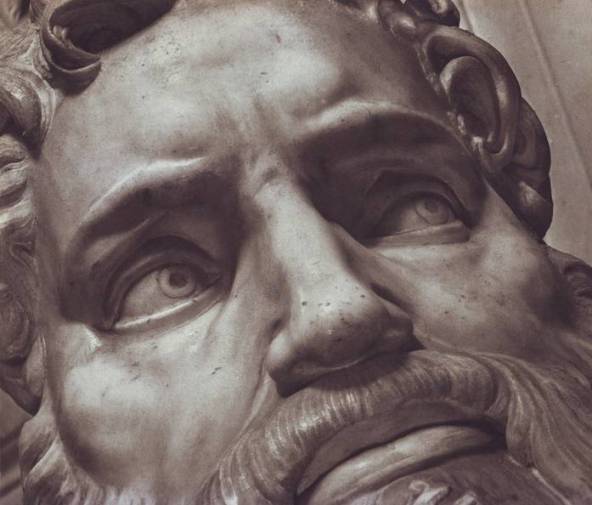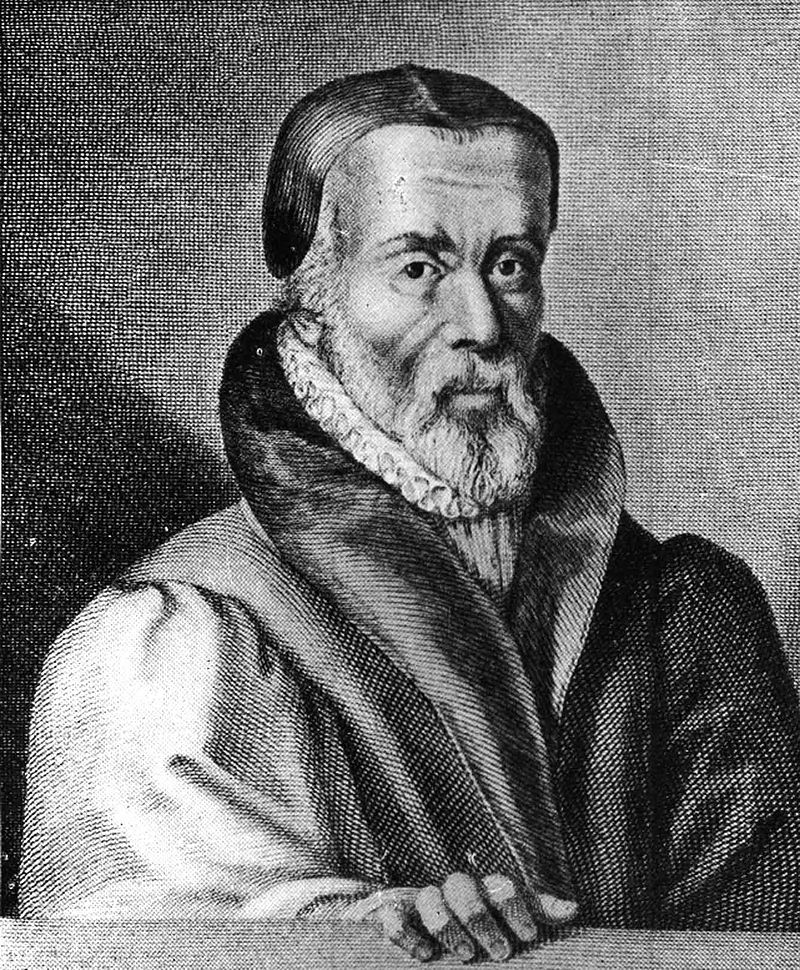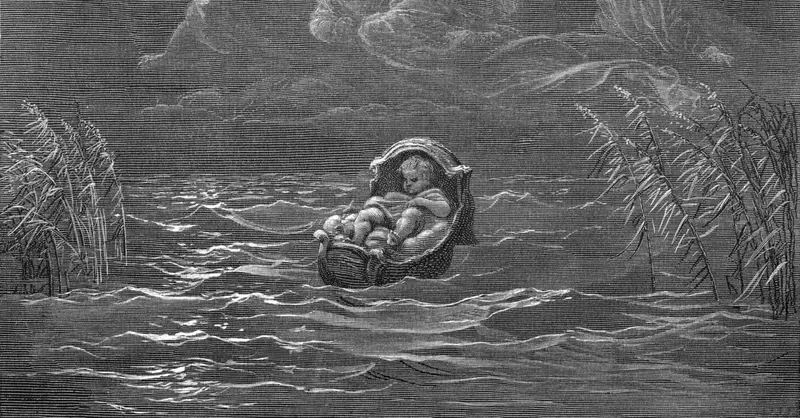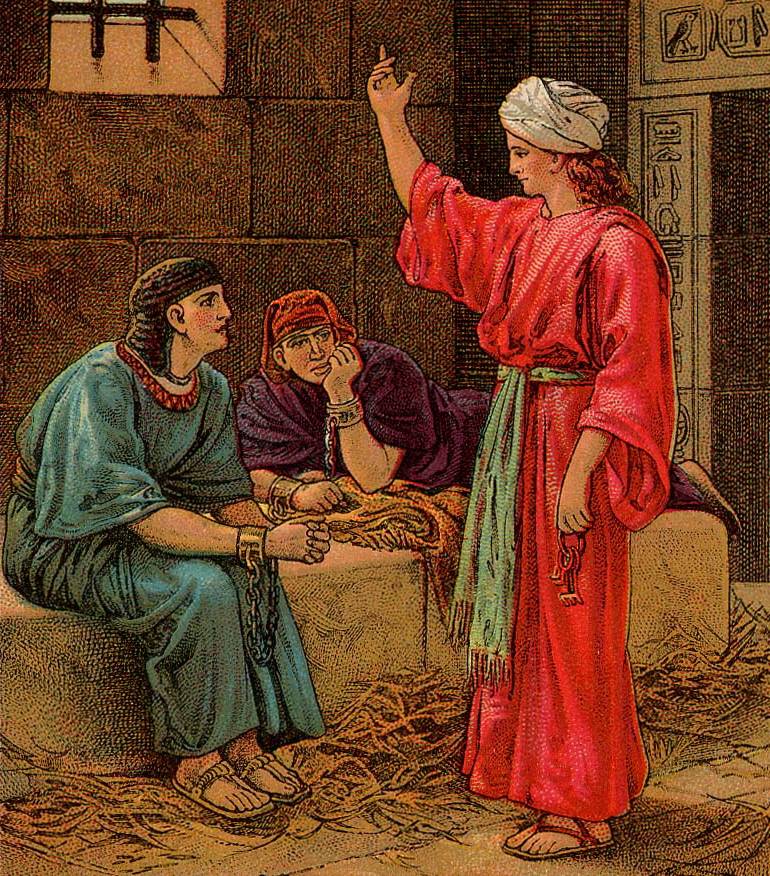And I Will Be Witnessed By You

One of the things that I love about the Parashat haShavua (Torah portion of the week) is that as tedious as it can become to its reader due to the meticulous detail, there is always a radiant gem hidden amongst the detail from which the richest of inspiration can be drawn and from which can be identified rays of light that radiate prophetically towards the Spirit-filled life enabled by Yshua’s redemptive and finished work on the cross.
This last Parashah most explicitly exemplifies this. It’s Exodus 25:1 – 27:19.
The Parashah is called “Parashat Trumah”, where “Trumah” means “gift” or “donation” or “offering”. This is because it begins with the gift offerings that God required from the Israelites for the making of the tabernacle in the wilderness.
Much detail is given as to the specifications in the types of materials that were to be used: gold, silver, bronze, blue, purple and red (red is named “worm”, because it actually came from a specific worm) dyes, scarlet thread, acacia wood etc. Then there is much detailed specification into the size and number of each component of the tabernacle and its furnishing. For example, there had to be exactly eleven curtains (Exodus 26:7) of goat hair, five curtains on one side and six on the other side, with the extra curtain as an overlap. Much detail is given as to how these components were to be held together, or how they would be carried, using a system of bronze rings and gold-covered acacia poles.
Here’s the radiant gem. It is to be found in Exodus 25:22.
There, above the cover between the two cherubim that are over the ark of the covenant law, I will meet with you and give you all my commands for the Israelites.
This is where the English translation simply does not give justice to the Hebrew. The Hebrew word for “I will meet with you” is one Hebrew word: “no-ad-itie”. This Hebrew word, although it implies “meeting”, does not in itself only mean that. It has two root letters, Ayin (A or E) and Dalet (D) together forming the Hebrew root word “Ed”, which in itself means “witness” or “testimony”. It is used in its passive form and in the first person, the first person being God Himself. Therefore it might better be literally translated as “I am being witnessed.” God was not just meeting there. He was being witnessed there. He was being made known. You could literally see and feel His remarkable Presence. Here’s one of the few translations that comes close to the true meaning:
And I will make myself known to thee from thence, and I will speak to thee above the propitiatory between the two cherubs, which are upon the ark of testimony, even in all things which I shall charge thee concerning the children of Israel. (Brenton Septuagint Translation)
There we have it. God wants to make Himself known. He wants us to see Him, to feel Him, to touch Him, to experience Him. Why is it that we don’t know God in this way? Probably because we don’t live according to His patterns. Here’s another word, “pattern” that comes up in this Parashah. You find it in Exodus 25:40 :
Look and make it according to the pattern, that was shewn thee in the mount. (Douay-Rheims Bible)
Again, most bibles forget to emphasize what the Hebrew actually says. In this case, the Hebrew says “look”. We need to spend time looking at God’s Word in intricate detail before we come to conclusions and we need to take the time to witness His Glorious Presence in order to not misinterpret what we see in His Word and in order that we not diminish who God is.
Fortunately for us, we have in Yshua the Messiah all of the opportunity that was not afforded to the Israelites:
Therefore, brothers and sisters, since we have confidence to enter the Most Holy Place by the blood of Jesus, by a new and living way opened for us through the curtain, that is, his body, and since we have a great priest over the house of God, let us draw near to God with a sincere heart and with the full assurance that faith brings, having our hearts sprinkled to cleanse us from a guilty conscience and having our bodies washed with pure water. (Hebrews 10:19-22 NIV)
The Hebrew word for “I will meet”, or rather for “I am being witnessed” has as we have discussed, a root of “ED”, which means “witness”. This same root appears in another item that features in this Parashah. Into the Ark of the Covenant was to go the Testimony, that is the words of God that were written down by Moses. The Hebrew for Testimony is “Ed-oot”. Here again, the root letters “ED” imply that the written Word of God is in fact a testimony to us.
So two “witnesses” are presented to us in this Parashah. The one witness is that of God’s Presence and the other witness is that of God’s Word. As people of the New Covenant of Yshua the Messiah, we too should have in our lives the witness of God’s Word together with the witness of God’s Presence. That requires some serious setting aside of our time.
Although we can set times aside any day of the week in order to encounter God, the Shabbat is God’s gift to us to truly set aside every work obligation and encounter Him. There is no direct command in Scripture to limit worship only to the Shabbat. However, by implication, Shabbat is an ideal day to worship God. I say this because Scripture clearly provides an association between rest and worship:
In God alone my soul finds rest (Psalm 62:1 Berean Study Bible)
If you are looking for a day in which we are instructed, even commanded (fourth commandment) to rest from our work and from our labours, it’s Shabbat. However, as King David the psalmist says, you will never quite be able to find as much rest and as much peace as you will find in God Himself. Therefore, if you are going to set aside a time to rest, be that on the Shabbat or taking a rest any other time of the week, you are not going to find anything as restful as the rest that is found in God alone.





